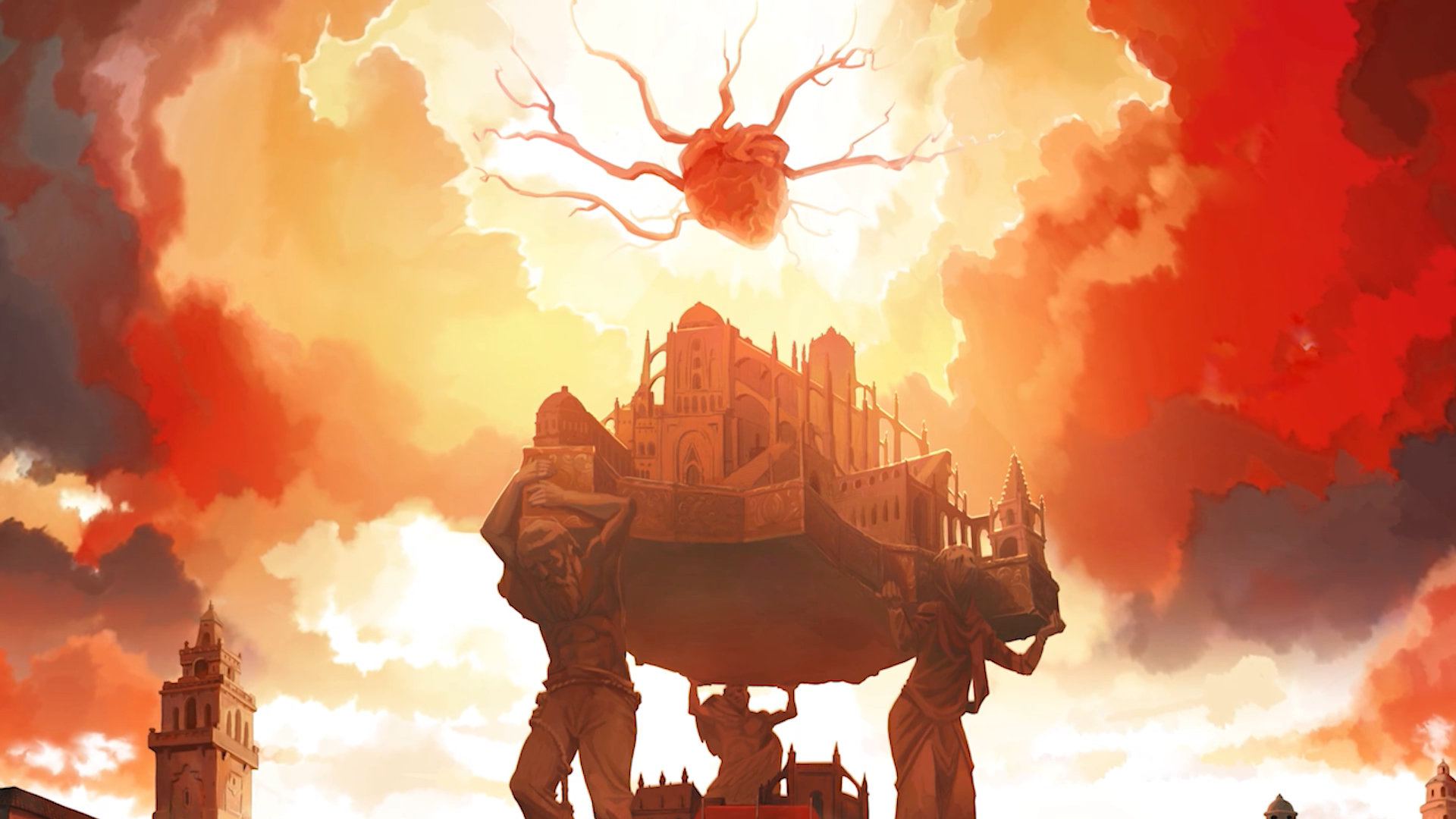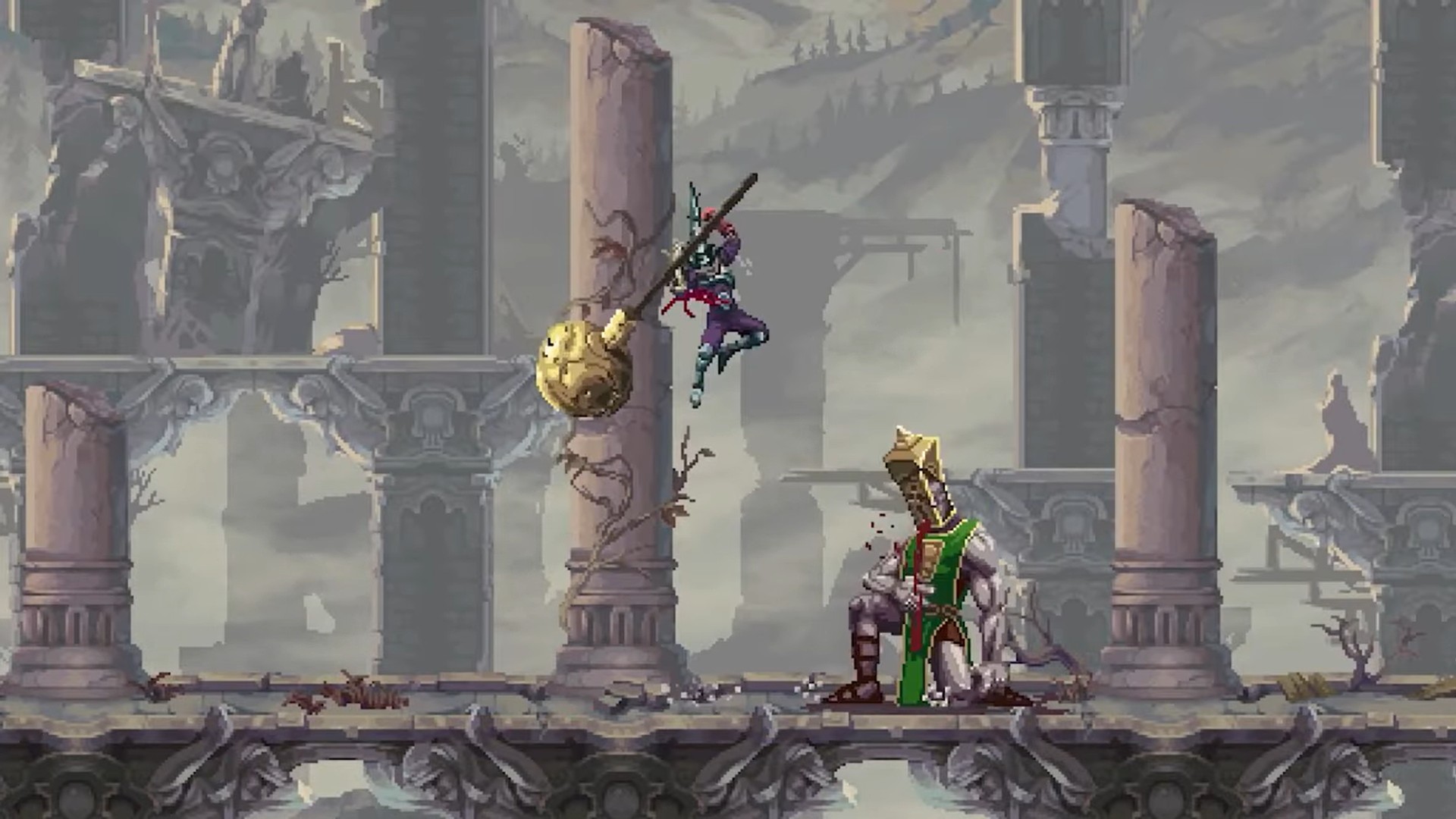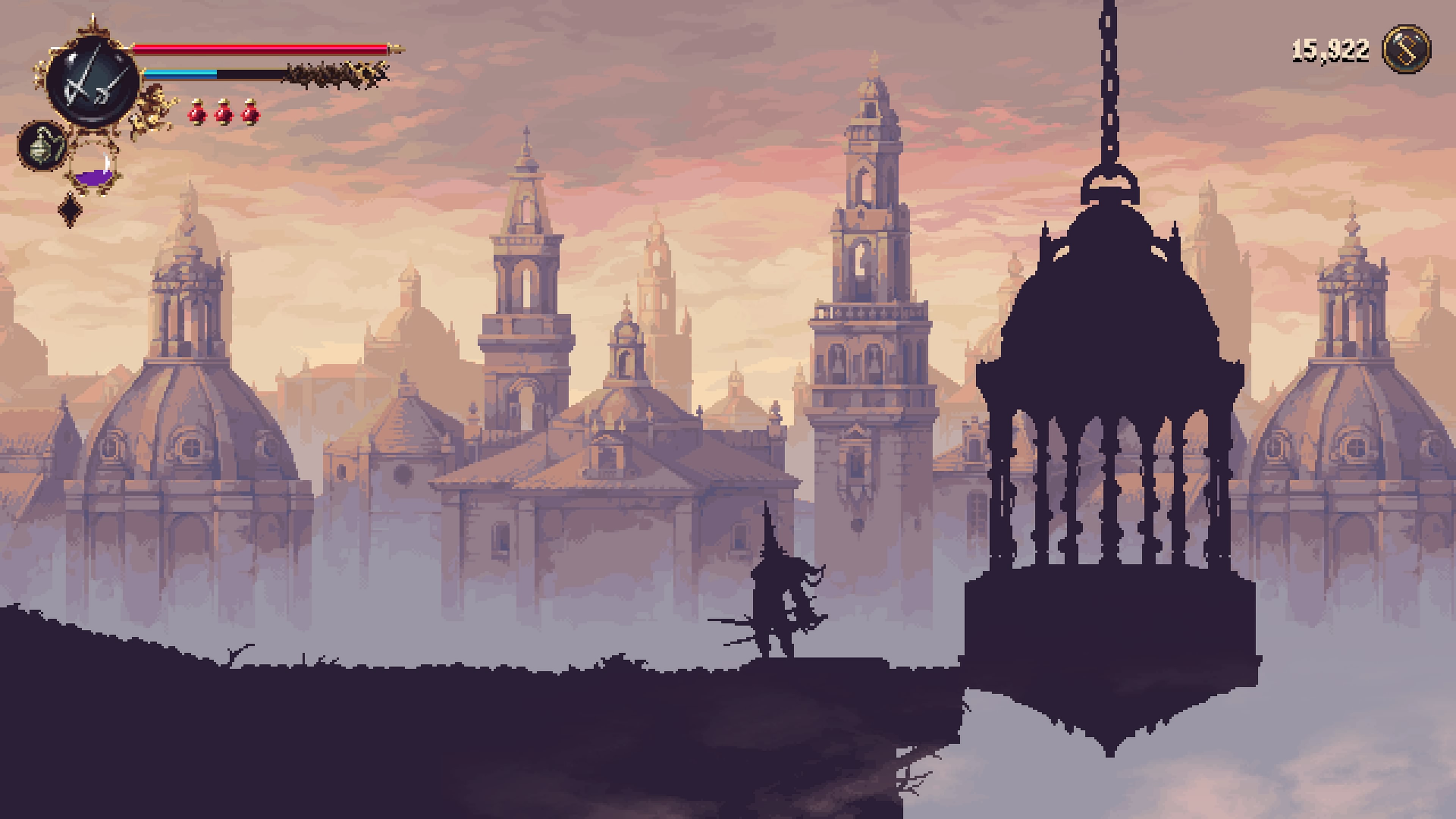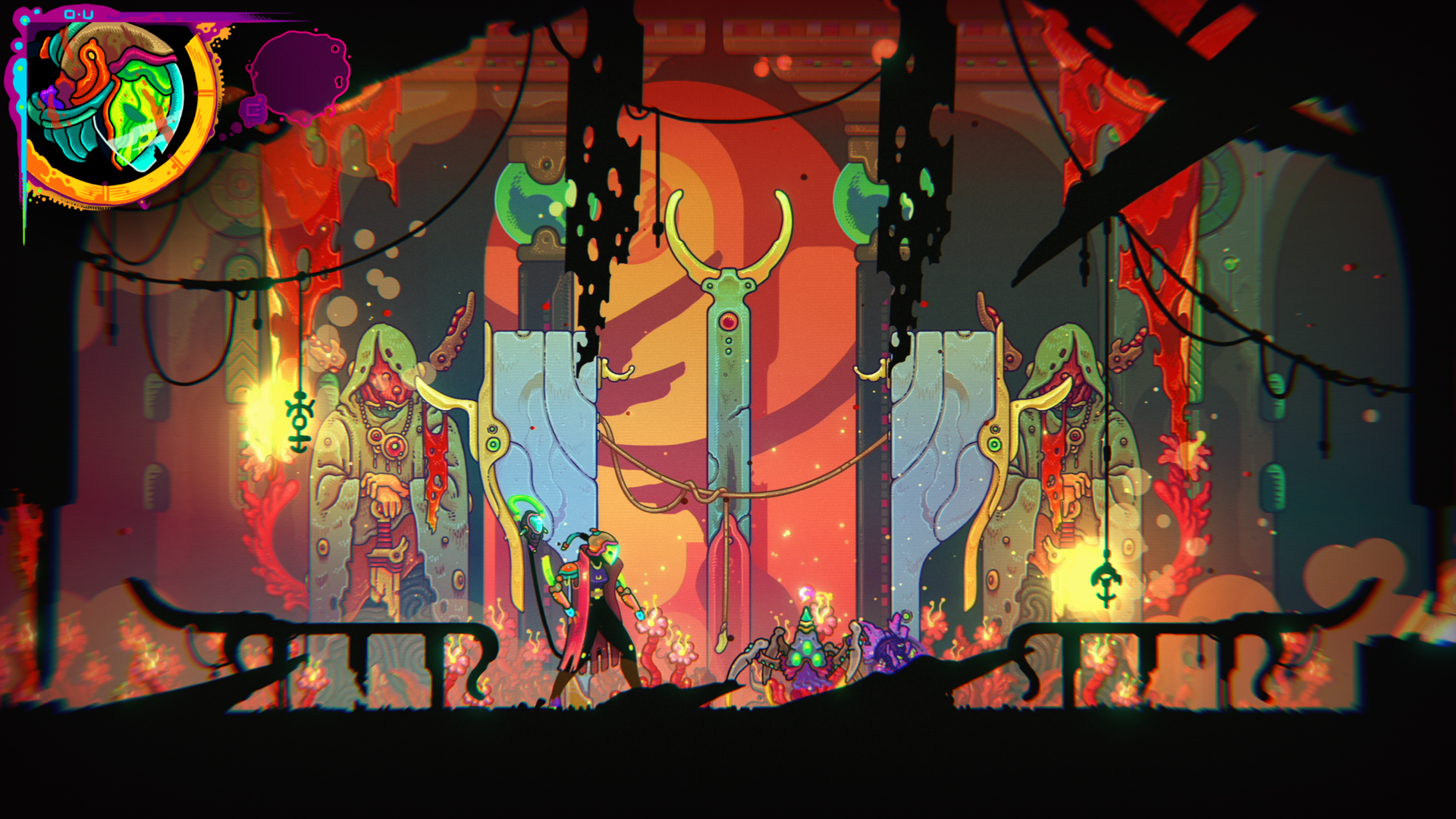Two of my all-time favorite Metroidvania games launched in the last year – and I've hardly understood a word of their stories
Opinion | Narrative hand-holding is fine, but light-touch storytelling suits me just fine in the Metroidvania space

Don't get me wrong, narrative games can be great. I'm a sucker for big-budget, cut-scene-heavy hand-holders such as Marvel's Spider-Man 2 and God of War. I've lost hundreds of hours to the masterful adventure games of Wadjet Eye, and have thrived and survived in Larian's most-acclaimed story-driven outings, not least Baldur's Gate 3 and Divinity: Original Sin 2. But, for me, there's something about the Metroidvania genre that just screams: less is more.
I didn't realize I felt this way until recently. The Metroidvania space is in the throes of a renaissance of sorts at the moment, with so many top games having launched in the last year alone, with many more perched on the horizon. From The Last Case of Benedict Fox to Prince of Persia: The Lost Crown and Tales of Kenzera: Zau, if you're into platformers gated by incrementally-accrued superpowers, you've likely been having a ball over the last 12 months or so. I know I have, with Blasphemous 2 and Ultros not only among my favorite Metroidvania games – but up there with my favorite video games of all time.
And while I've a sense of what their overarching stories are about, their narratives had my head spinning from start to finish. Truth be told, I've recently learned, I wouldn't have it any other way.
Say what?


Blasphemous 2 review: "A Soulslike sequel that's as unsettling as it is unpredictable"
In the same way FromSoftware's games leverage light-touch narratives in the action-RPG space – not least across its Dark Souls series, Bloodborne and Elden Ring – much of what Blasphemous 2 and Ultros offer in story terms is up for interpretation. Lore and plot points are rarely spelled out, instead gleaned in snippets from item descriptions, off-hand conversations with innocuous NPCs, or via the vague but deliberate placement of enemies and bosses around the world map.
Online commentators such as VaatiVidya have made careers out of dissecting the ambiguous stories of FromSoftware games, and while I'm yet to discover someone similar in the Metroidvania spectrum, the same meticulous, pseudo historian speculation could surely be applied to the likes of Blasphemous 2 and Ultros. The former game, after all, is underpinned by the futility of life and the endless cycle of death and resurrection. It pulls from fantastical gothic culture, with visuals that reflect a resplendently horrifying dark fantasy slant on Spanish Catholicism. It has shifting cities, multi-headed ancient gods, and water demons who pull hordes of minions from the depths of the sea. In turn, your job is to kill or be killed, felling each increasingly awful deity in turn in your bid to instill some form of salvation to the world around you.

"Ultros, on the other hand, is such a vibe"
Ultros, on the other hand, is such a vibe. Despite having published my Ultros review earlier this week, I'm still not convinced I understand its story beats – but that doesn't matter when everything else falls so neatly into place. A quick overview? The game unfolds in a "cosmic uterus holding an ancient, demonic being" named The Sarcophagus. You fill the high-top sneaks of a bright red duster-wearing insect being, who slaughters other bugs and harvests their organs to: a) gain nutrition, and b) learn new abilities that help you traverse the world. You also learn gardening to help your pursuit and will kill loads of Shaman in order to awaken the aforementioned demonic being and escape the aforementioned cosmic uterus.
If you can make sense of any of that, you're more clever than I. But, again, narrative understanding invariably takes a backseat in my enjoyment of these games. Both Blasphemous 2 and Ultros have jumped straight to the top of my favorite games lists despite the fact I couldn't really tell you what they're about. That's totally fine with me because, mechanically, these games are top-tier Metroidvania games, engaging, intuitive, clever and tonally spot on. Truth be told, I've long been left puzzled with the intricacies of FromSoftware games – from Demon's Souls all the way through to Elden Ring – and yet these games are likewise among my absolute favorites of all time.
Weekly digests, tales from the communities you love, and more
Detailed cut scenes have their place, as do hand-holding narratives. But storytelling takes many forms, and Ultros and Blasphemous 2 are among the very best in less obvious ways.
Check out the best Metroidvania games to explore to absolute completion

Joe Donnelly is a sports editor from Glasgow and former features editor at GamesRadar+. A mental health advocate, Joe has written about video games and mental health for The Guardian, New Statesman, VICE, PC Gamer and many more, and believes the interactive nature of video games makes them uniquely placed to educate and inform. His book Checkpoint considers the complex intersections of video games and mental health, and was shortlisted for Scotland's National Book of the Year for non-fiction in 2021. As familiar with the streets of Los Santos as he is the west of Scotland, Joe can often be found living his best and worst lives in GTA Online and its PC role-playing scene.


